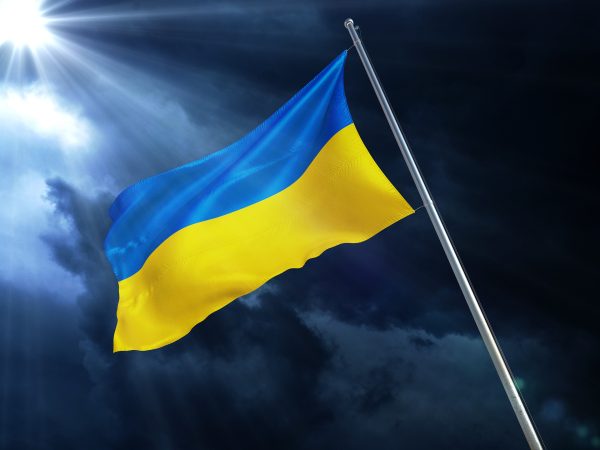Crossroads Asia | Economic system | Safety | Central Asia
Most of the Central Asians becoming a member of the Russian army are blindly responding to financial incentives, that are arguably primarily based on half-truths.
It has been a month since Russia began shelling Ukraine, and whereas the remainder of the world is anxious concerning the Ukrainians and their statehood, Central Asians are involved concerning the destiny of Central Asian labor migrants in Russia. They’re involved concerning the implications of the battle on the remittances that households in Central Asia are so depending on, concerning the doable return of migrants as Russia’s financial system enters a probable long-term contraction, and concerning the migrants themselves — who could get pulled within the battle.
On February 25, a self-recorded video of an Uzbek-speaking male in his 50s appeared to indicate him driving a Russian army truck into Ukraine. Within the two-minute video he talked about being employed by the Russian armed forces as a contractor for 3 months in trade for a Russian passport, housing, and a wage.
Russia certainly handed a regulation two months in the past that lowered the timelines for reviewing functions for Russian citizenship from 12 months to a few months if an applicant indicators a contract with the Russian army. Nonetheless, the regulation doesn’t assure Russian citizenship to candidates after the expedited assessment course of, and evidently caveat will not be essentially being relayed to migrants clearly.
In a follow-on dialog, the person within the video mentioned that he discovered about this chance by way of UzMigrant, a YouTube channel with greater than 357,000 subscribers that’s common amongst labor migrants from Uzbekistan. Different reporting confirmed that the recruiting group guarantees Russian citizenship in return for brief contractual service within the Russian army. The roles that migrants are invited to fill are reportedly for assist roles, reminiscent of drivers and upkeep employees.
No official commentary adopted from the Uzbek authorities concerning the extent of recruitment actions of Uzbek residents, however the Justice Ministry of Uzbekistan issued a press release a number of days after the video reminding residents that overseas army service is against the law punishable with three to 5 years in jail. This was a transparent warning to Uzbek residents to move off giant entrance of migrants into the battle in trade for Russian citizenship, except they’re able to face prosecution in Uzbekistan.
In Kyrgyzstan, lawmakers have been extra clear concerning recruitment actions geared toward their residents and compatriots. A lawmaker on March 7 mentioned that labor migrants from Kyrgyzstan had been being pressured to affix the Russian armed forces and the nation needs to be prepared for the exodus of these people from Russia again to Kyrgyzstan. Though not clarified within the assertion, these people are almost certainly are holders of twin Kyrgyzstan-Russia citizenship, which permits the Russian authorities to impose pressures on Kyrgyz migrants extra readily.
On March 8, information broke concerning the first Kyrgyz sufferer of the Ukraine-Russia battle when a 19-year-old naturalized Russian citizen from Kyrgyzstan was killed in Ukraine throughout his service within the Russian Military. Comparable information in relation to residents from Tajikistan additionally appeared on March 4, when a minimum of two Russian residents of their 40s initially from Tajikistan had been killed in Ukraine whereas serving within the Russian army beneath a contract. These had been simply the primary identified to be killed within the battle.
Russia doesn’t lack ethnic Central Asians who’re both labor migrants in Russia or maintain twin citizenship to ease their dwelling and employment situations. The variety of naturalized Central Asians in Russia has elevated lately. For instance, in 2021, 19,200 Kyrgyzstan residents acquired Russian citizenship and the identical yr, 103,700 residents of Tajikistan acquired Russian citizenship. In 2020, 23,000 Uzbekistan residents turned Russian residents.
The continuing battle in Ukraine will possible imply continued studies of recruitment and pressures on migrants from Central Asia, in addition to information about their deaths within the battle. Most of the Central Asians who’re becoming a member of the Russian army are blindly responding to financial incentives that are arguably primarily based on half-truths.

